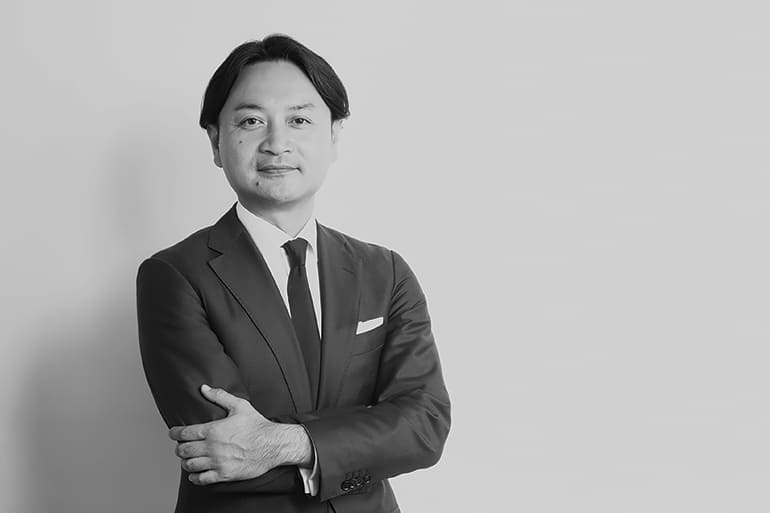
It is no longer possible to go about daily life and work without being aware of environmental, social and governance (ESG) issues and the U.N. sustainable development goals (SDGs). They are two crucial concepts as we address the problems of global warming, environmental pollution and economic disparity.
This magazine’s cover shows the final issue of the legendary Whole Earth Catalog, published in California in 1974.
Once its back was the phrase “Stay hungry. Stay foolish.” Apple founder Steve Jobs quoted these words in a Stanford University graduation ceremony speech on June 12, 2005. Jobs’ speech triggered renewed interest in the publication, which, as he noted, had been a bible to 1970s teenagers like himself.
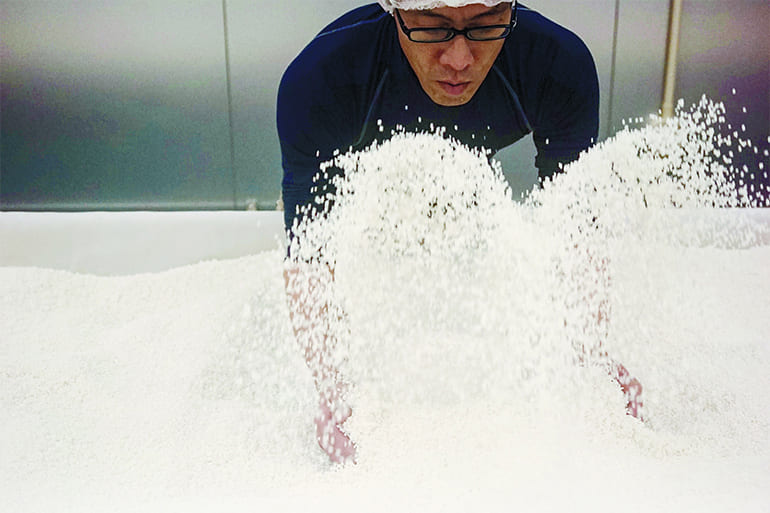
Japan’s unique and diverse array of fermented foods, developed over more than a thousand years, has recently been attracting attention around the world. The Danish restaurant Noma, four times selected as the world’s best restaurant, was quick to understand the importance of fermentation — so enthusiastic that it compiled years of research into “The Noma Guide to Fermentation.” Chef Rene Redzepi, who is also active in the Danish environmental movement, has long stated that he was influenced by Japanese food culture and its roots in the local natural environment, and fermentation is a key part of that influence.
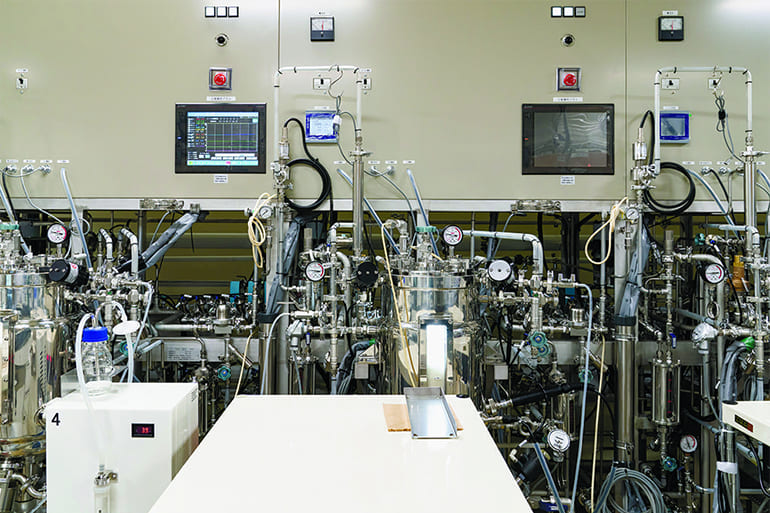
The world of fermentation remains shrouded in mystery, reliant largely on the experience and knowledge of “craftsman” fermenters. The biological mechanisms at work are little understood. Now a new research project is underway to produce high-quality bio-resources by letting artificial intelligence learn the mysteries of fermentation. We spoke with Ken Kasahara of the Chitose Laboratory Corp., which is serving as the hub for a project bringing together universities,
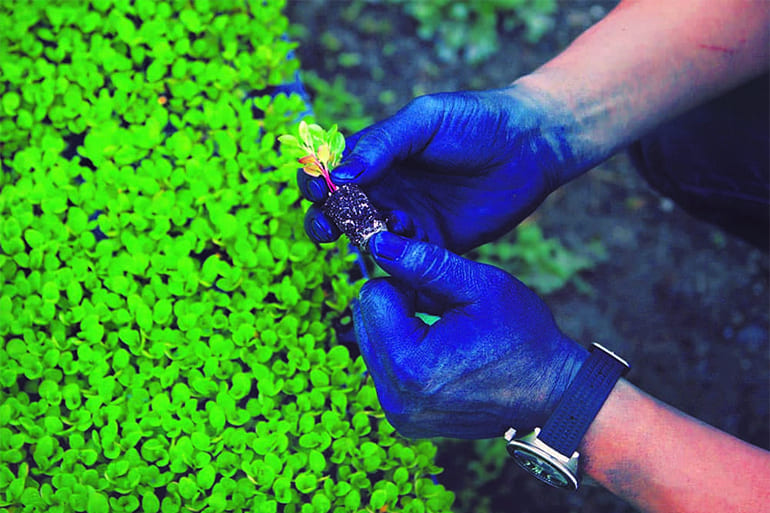
Japan’s unique and diverse array of fermented foods, developed over more than a thousand years, has recently been attracting attention around the world. The Danish restaurant Noma, four times selected as the world’s best restaurant, was quick to understand the importance of fermentation — so enthusiastic that it compiled years of research into “The Noma Guide to Fermentation.” Chef Rene Redzepi, who is also active in the Danish environmental movement, has long stated that he was influenced by Japanese food culture and its roots in the local natural environment, and fermentation is a key part of that influence.
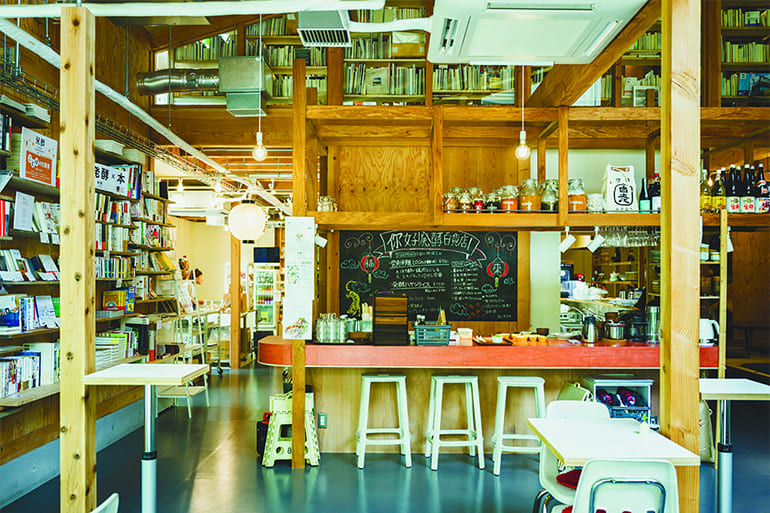
The key to achieving a sustainable society these days, some believe, is the “bio-economy,” a new economic cycle drawing on renewable biomass as a source of energy and biotechnology. And yet in Japan, the traditions of fermentation, by which living organisms are made to feed local economies, has existed for generations. Might it be possible to combine the power of fermentation and science to achieve regional revitalization?
The city of Nagaoka in Niigata Prefecture, which is one of Japan’s leading rice-producing regions, was one of the first to explore this potential. Nagaoka is not only the birthplace of the famous rice brand Koshihikari, but it also boasts 16 sake breweries, the second-most of any city in Japan. And it was in Nagaoka that the Nagaoka Bio-Economy Concept was launched with the aim of adapting scientific thinking to fermentation. We spoke with professor Wataru Ogasawara of Nagaoka University of Technology, a proponent of the project and a longtime researcher into fermentation.

Sustainable Japan Magazine by The Japan Times is a monthly publication exploring sustainable lifestyle choices and the future of our planet from the perspective of our everyday lives
| Publication | Sustainable Japan Magazine delivers fascinating insights on Japanese food, architecture, travel, fashion, art and more from the perspective of ESG and SDG issues on the last Saturday of each month. |
| Tabloid size | 27.5 by 40.5 cm / 12 pages / full color |
| Language | Japanese and English |
| Main themes | Thinking about sustainable lifestyle choices and the future of our planet from the perspective of our everyday lives, Sustainable Japan Magazine will help you create those opportunities in your life. |
Get the latest issue free! Sustainable Japan Magazine is a monthly publication that invites you to think about ESG and SDG issues from the standpoint of everyday life.
Subscribe to our weekend edition and get Sustainable Japan Magazine, a new publication exploring environmentally responsible lifestyle choices, every month
Get the latest issue free! Sustainable Japan Magazine is a monthly publication that invites you to think about ESG and SDG issues from the standpoint of everyday life.
Get the latest issue free! Sustainable Japan Magazine is a monthly publication that invites you to think about ESG and SDG issues from the standpoint of everyday life.